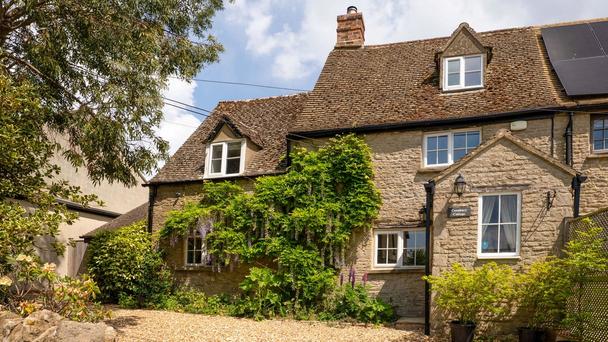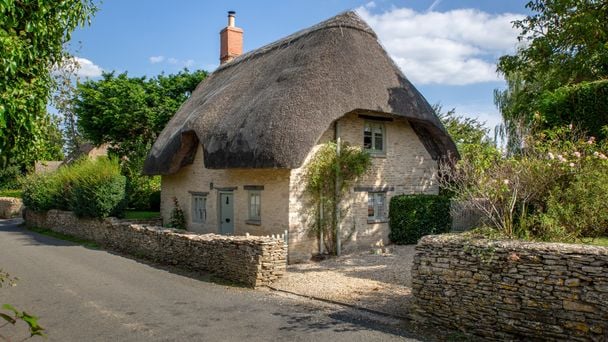
Diversity Net Gain – The Opportunities for Landowners

Did you know that the UK is one of the most environmentally degraded countries in the world? This is one of the reasons why the concept of Biodiversity Net Gain was introduced by the Environment Act 2021. Biodiversity Net Gain seeks to ensure that natural habitat which is lost to a development scheme is not just replaced, but instead is enhanced by a further 10%.
It is expected that the Act will become fully effective in Autumn 2023. Although not yet compulsory, some local councils are moving towards Biodiversity Net Gain (BNG) by insisting that there is no net loss to biodiversity when granting planning consent for new schemes, in the meantime.
BNG is calculated by reference to several key steps. Firstly a “Phase 1” habitat survey is carried out on the development scheme, to establish a baseline of what type of habitat is present, and how much. This quantifies how many biodiversity units are on site, how many are being lost to the development and how many new units needs to be delivered to meet 10% BNG. If the 10% BNG cannot be delivered within the development, then alternative sites must be identified elsewhere where it can..
A “Phase 1” habitat survey would be undertaken on those other alternative sites to establish their ecological baselines, and then proposed habitat creation or enhancement measures would be assessed to work out how many BNG units could be delivered, in order to fulfil the 10% BNG requirements.
Landowners can identify opportunities to create Biodiversity Net Gain units on their land through new habitat creation or enhancement of existing. These BNG units could be used specifically to fulfil the BNG requirements of a single development or go into a “habitat bank” that could be used alongside other sites, which together would fulfil the BNG requirements of a scheme.
In formalising these arrangements, Landowners would enter a legally binding management plan with the developer. These are likely to be 30 years in duration. They will set out what the Landowner must do by way of habitat creation and management, the level of monitoring and reporting that would be required, and what sums of money they would receive in return. These payments will be very much tailored and negotiated in respect of the specific site.
It follows that the greater BNG will be achievable on land that is currently of low ecological value (e.g. cultivated agricultural land). This means that BNG agreements could work best on low value, cultivated, arable land and these would then leave the best land for food/crop production.
Butler Sherborn can help by working with Landowners and local ecology experts to establish ecological baselines and what Biodiversity Net Gain units may be applicable to their land. We can then make local developer contacts aware of those sites, and log the land into a “habitat bank”. When the land is needed by a developer for BNG we can then negotiate terms of agreement on behalf of the Landowner.

Why the Cotswolds Remains One of the Strongest Property Markets in the UK
Few regions in the UK combine lifestyle appeal, long-term value and consistent demand quite like the Cotswolds. Despite periods of national market uncertainty, the Cotswolds continues to stand out as one of the country’s most resilient and desirable property markets, attracting homeowners, investors, and international buyers alike. So, what underpins this enduring strength?
Why the Cotswolds Remains One of the Strongest Property Markets in the UK
A Personal Approach to Property: Client Experiences with Butler Sherborn
At Butler Sherborn, client experience sits at the heart of everything we do. Across sales and lettings, our teams pride themselves on professionalism, local knowledge and a truly personal approach. The following recent reviews from 2026 highlight just a few of the outstanding experiences our clients have shared.
A Personal Approach to Property: Client Experiences with Butler Sherborn
January Market Comment
January has seen us firmly up and running across the Cotswolds. Activity has been encouraging, with positive levels of interest and a busy start to the year. We have already agreed a good number of sales across our three offices in a range of different price points, which is a positive indicator of buyer intent following what was a very cautious 2025, with low confidence and many delays.
January Market Comment
Three Quintessential Cotswold Cottages – Full of Character & Charm
With Valentine’s Day just around the corner, there’s something undeniably romantic about the idea of escaping to a cosy Cotswold cottage. Think honey-coloured stone walls, crackling log fires and soft lamplight spilling across plush sofas - perfect for long conversations, shared glasses of wine and slow, unhurried mornings. In winter, the Cotswolds reveal a quieter kind of beauty, with misty lanes, frosted fields and snug village pubs just a gentle stroll away. It’s a setting steeped in charm and warmth, and utterly quintessential in its British appeal.
Three Quintessential Cotswold Cottages – Full of Character & Charm





